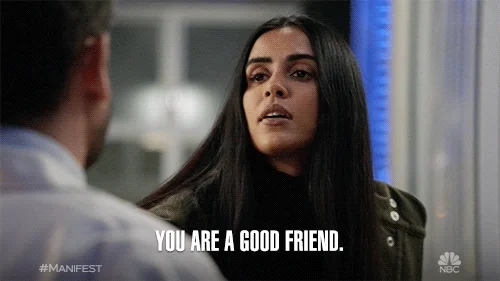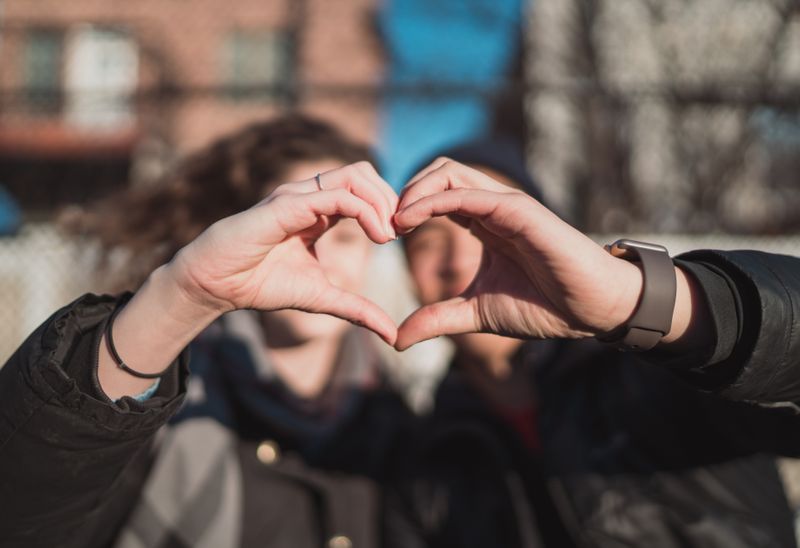
This logo isn't an ad or affiliate link. It's an organization that shares in our mission, and empowered the authors to share their insights in Byte form.
Rumie vets Bytes for compliance with our
Standards.
The organization is responsible for the completeness and reliability of the content.
Learn more
about how Rumie works with partners.
24 people per minute are victims of sexual assault, physical violence or stalking by an intimate partner.
Nearly half of women and men in the United States experience psychological abuse by intimate partners in their lifetime.
 Photo by Danie Franco on Unsplash
Photo by Danie Franco on UnsplashAs friends, we might sometimes feel that other people's relationships are none of our business. However, we should support our friends in abusive relationships,especially if they've approached us for our help.

The Red Flags of Abuse
Even if a friend has approached you about their abusive relationship, they may not tell you the whole story or admit that they see the relationship as abusive.

There are some red flags that could signal that your friend is being abused:

Your friend has become increasingly alienated from their family and friends and their hobbies. They devote all of their attention and time to their partner.

They have visible injuries or bruises that they are unwilling to talk about and blame on accidents.

Your friend's partner verbally abuses and insults them in front of others. Your friend brushes it off and makes excuses for their behavior.
The Consequences of Abuse
There are many long-lasting effects that physical and psychological abuse can have on a person. Knowing how your abused friend will be affected will support you to intervene.
Abuse victims are:

3x more likely to develop a major depressive disorder and/or an anxiety disorder.

3x more likely to self-harm.

4x more likely to attempt suicide.

They are 6x more likely to have a substance use problem.
The Conversation with Your Friend
Now you'll want to know how to support your friend, right?

When you talk to your friend about their situation:
Tell your friend you're concerned for their safety and show them the reasons why. This will help them understand that they're being abused.
Don't judge them for their decisions. Don't criticize them or make them feel guilty if they make the wrong choices. This will be a long, hard road.
Encourage them to spend time away from their partner by taking up new hobbies or spending time with family and friends.
Encourage them to seek guidance and help. They could talk to a counselor, or perhaps the police or a lawyer.
Quiz
Your friend got back together with her abusive ex. What will you say to her? Select all that apply:
Never judge your friend and make them feel guilty for their choice. Instead, encourage them to try a new hobby and spend time with family and friends (yourself included). Also, encourage them to seek support, such as a therapist. Finally, express concern over the effects of the abuse.
Did you know?
Here is a good resource that can help your friend find guidance and help. It provides phone numbers to speak with licensed professionals.
Take Action
 Photo by Matt Nelson on Unsplash
Photo by Matt Nelson on UnsplashAre you ready to be a supportive friend?
This Byte has been authored by
Adam Minahan
Learning Designer
